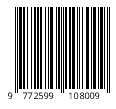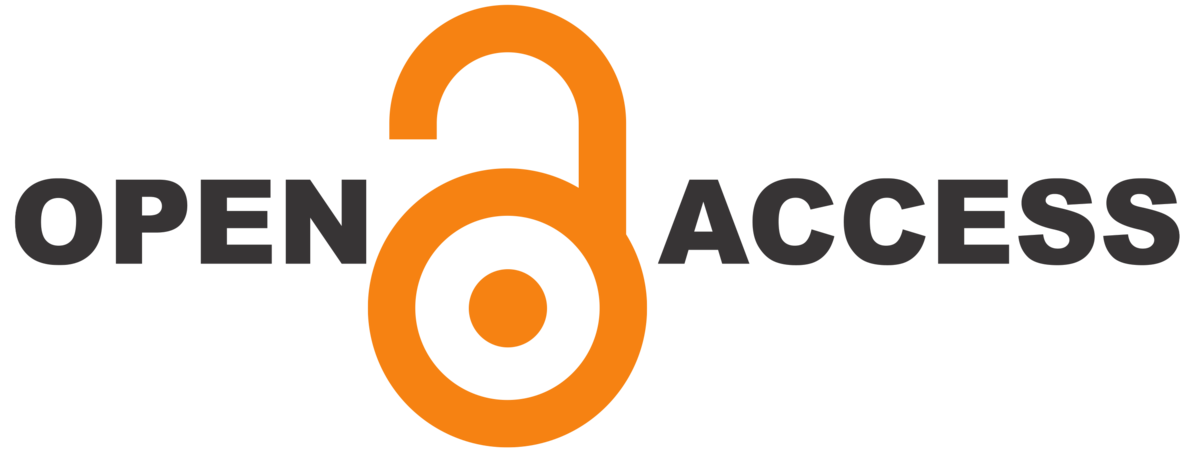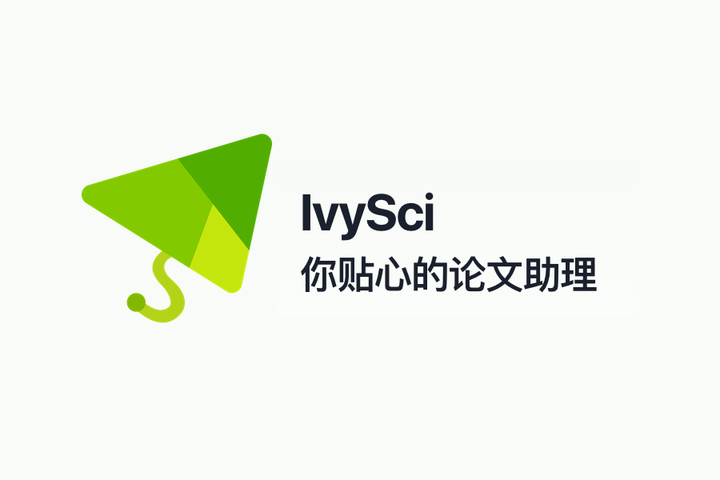Cash Waqf Optimization as a Means of Social Financing for State Infrastructure Development
DOI:
https://doi.org/10.35166/jipm.v3i1.23Keywords:
Sharia Financial Technology, Social Financing, WaqfAbstract
This study examines the potential for cash waqf as a source of social financing for infrastructure development. This research then builds the best model to optimize cash waqf using Sharia financial technology. This research will discuss some of the problems that hamper the development of cash waqf in Indonesia as well as providing some solutions to further enhance its development.
Downloads
Published
Issue
Section
License
Copyright (c) 2020 Journal of Infrastructure Policy and Management (JIPM)

This work is licensed under a Creative Commons Attribution-ShareAlike 4.0 International License.















